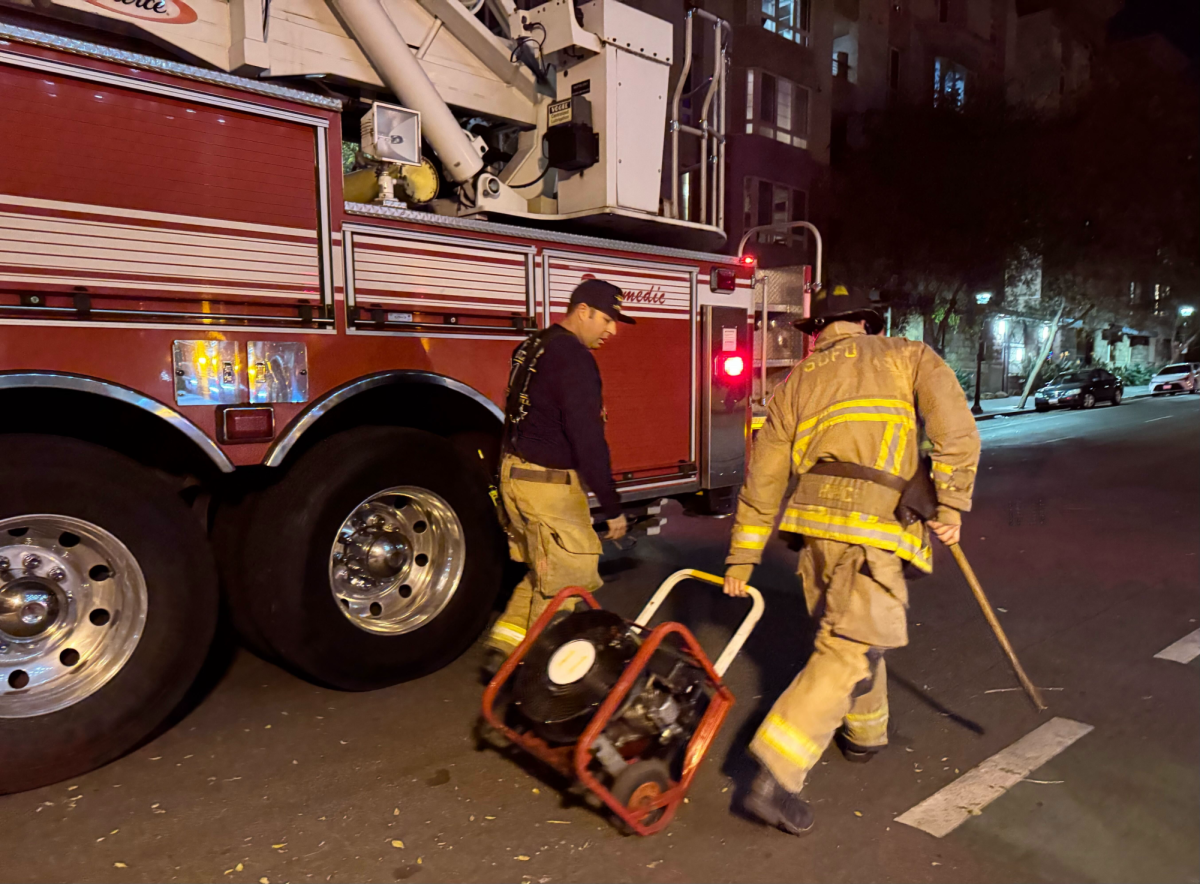“Aaaaachooo,” someone sneezes right behind you in class. You wonder if they just passed whatever they had on to you. They sneeze again. Allergies? Cold? Swine Flu?
As the holiday season approaches, your nose starts to run, and your debating whether or not to get your flu shot. Symptoms for one diagnosis are often the same for others.
Without proper medical attention, it can be hard to identify the problem on our own.
Knowing the ins-and-outs of different flu types and allergens can help you be alert and practice prevention.
The H1N1 influenza is also known as the Swine Flu is a respiratory disease, caused by type A influenza, and found in pigs. Transmission can made to humans and passed along from person to person as little as a day before symptoms show and up to seven days after you are infected. Signs and symptoms include: fever, cough, sore throat, body aches, headache, chills and fatigue.
City College student Jason Adams was recently effected by the swine flu. In October his wife started experiencing signs of what appeared to be a common cold but after waking up with a 103.8 degree fever, they knew it was time to seek medical attention.
At the hospital Adams and his wife were tested for the Swine Flu, however results would not be in for a few days.
“The doctor told her to drink fluids and prescribed her Vicodin for her pains,” Adams said. “[The doctor] was worried about me having symptoms, but I felt fine. By the time my wife had recovered, the doctor’s office called and said she had the H1N1 influenza.”
The couple believed it to be a common cold, but as soon as the pains and fever persisted, they wanted to get a professional opinion.
Containing the same symptoms as a seasonal cold, what distinguishes the two?
The Center for Disease Control states the symptoms of H1N1 are often more severe. But without testing, it is hard to tell apart the seasonal flu from the H1N1 influenza.
With the H1N1 influenza; fevers last up to 4 days, body aches and chest pains are uncomfortable, and exhaustion can last up to three weeks.
The FDA approved the H1N1 vaccination on Oct. 16 and will be administering it to schools and hospitals nationwide. Campus Health Services has said that they will alert the students and faculty when it will be available on campus.
Student Health Services also recommends staying home from school if you believe you have any flu. You should rest and return when you have recovered. Be sure to seek medical attention and take care of yourself on a daily basis.
Categories:
H1N1 vaccine arrives
December 8, 2009
Donate to City Times
Your donation will support the student journalists of San Diego City College. Your contribution will allow us to purchase equipment, cover the cost of training and travel to conferences, and fund student scholarships. Credit card donations are not tax deductible. Instead, those donations must be made by check. Please contact adviser Nicole Vargas for more information at [email protected].







